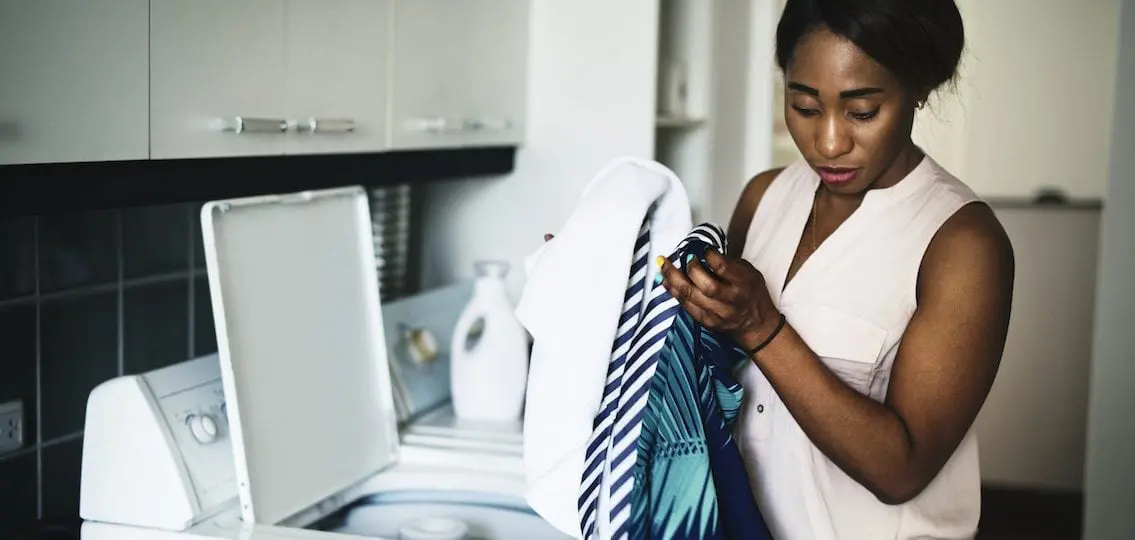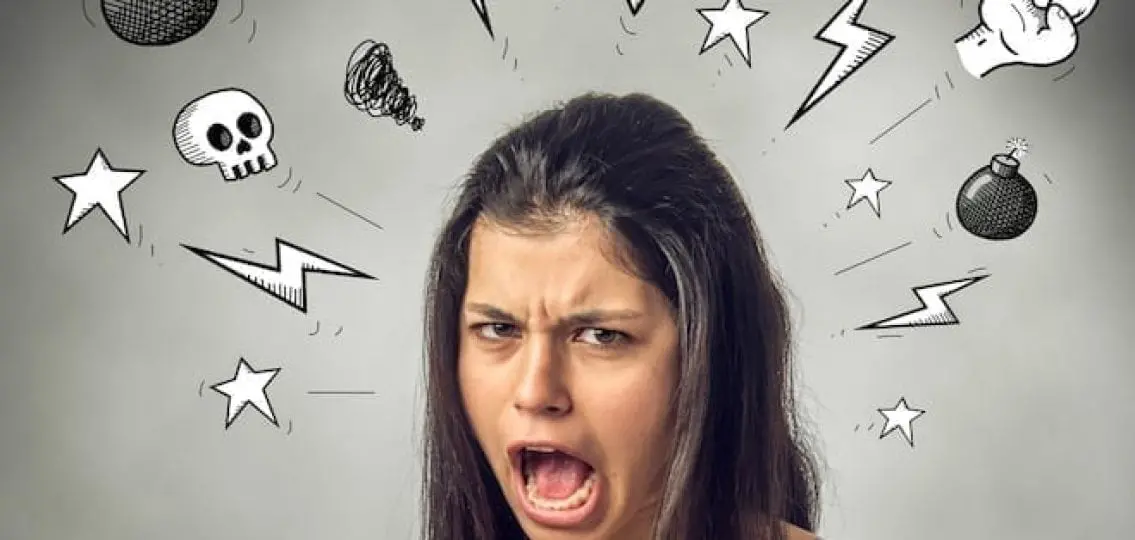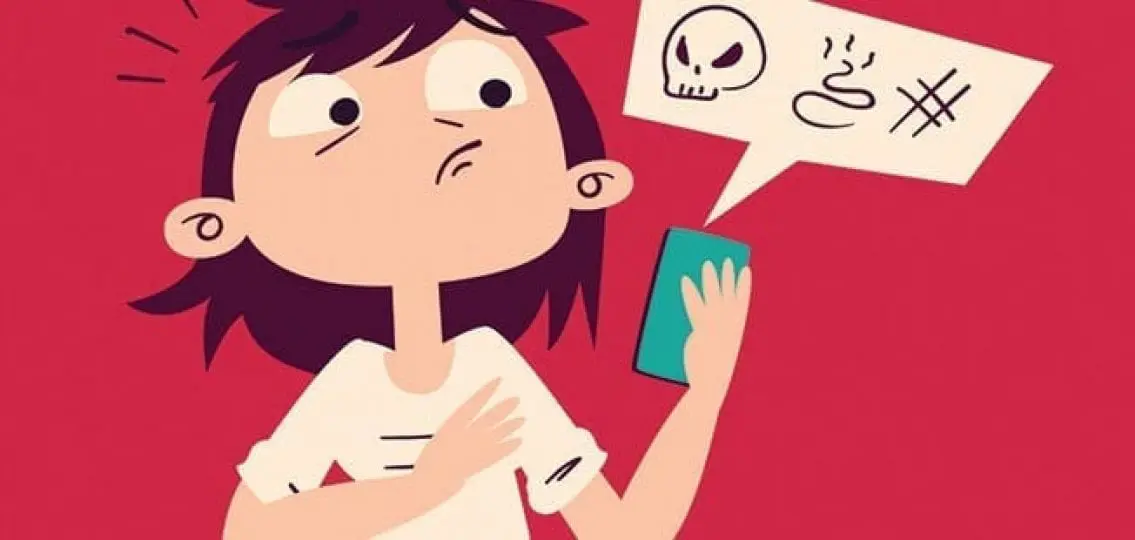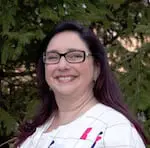Do you use swear words around your teenagers? Because you got cut off in traffic, or because sometimes saying a bad word just feels good? Here, a mom and her son each reflect on her occasional cursing, and our expert weighs in with some guidelines for using swear words in front of teens.

 PARENT | Leah Weiss Caruso
PARENT | Leah Weiss Caruso
Several years ago, I heard someone on the radio describe swearing. “Cussing can be musical … these cuss words are short, they’re guttural, and they end in a hard sound. They are the percussion instruments of language.”
I love that because I am THAT MOM.
I became enamored with cursing in high school, when a teacher shared a list of colorful curses from Shakespeare. This, combined with bar/restaurant jobs in college that expanded my vocabulary beyond Elizabethan England, sealed my fate to become That Mom.
That Mom who, when her toddler pulled down a display of cereal boxes at the store exclaimed, “Oh F—.”
That Mom who, when cut off by another car while driving carpool, said “DAMMIT that was close.”
That Mom who, when her teen described awful behavior by someone who was supposed to be a close friend said, “Well that’s just horse shit.”
This was not intentional. When I became a parent, I was all about choosing my words and tone. And I try, I really do. Mostly, I express myself without swearing.
Sometimes, though, you’re on your last thread of sanity. Swearing feels good.
It’s an effective way of channeling frustration into hard consonants and creative language, rather than, say, day-drinking. Which is a carpool no-no.
So, parents, don’t beat yourself up if a curse word or two slips out. My kids have survived! They are well-mannered! My sweet husband, however, who almost never swears, will probably have PTSD from me writing this.
Leah Weiss Caruso works for JFSA of Cleveland as a teen educator, and is mother to 3 human children and 1 canine child.
 TEEN | Lev Caruso
TEEN | Lev Caruso
When I was younger, I did not swear. And cursing was not a big part of my life. My mom tried not to swear too much although I might have heard some things here and there. My mom and dad kept the language in the house safe and not explicit.
Truthfully, my mom’s swearing has not impacted me in a bad way. She does not use language in a way to hurt or say bad things about others. However, when I am in a conversation with just her, the fact that she sometimes swears makes me feel more like she is treating me as an adult. She is not trying to deny the fact that I also use that language sometimes. And when it is appropriate to use, we will say it in conversation. It is a part of life, and I am glad she is not trying to hide me from that.
Lev Caruso is currently attending Columbia College of Chicago for musical theater.
 EXPERT | Matthew Rouse, Ph.D.
EXPERT | Matthew Rouse, Ph.D.
Using swear words is such a weird thing in our society, one that can be confusing for both parents and kids to navigate. Basically, we tell children that there are these words that adults sometimes take pleasure in using, words that can satisfyingly communicate anger and frustration or can send others into fits of laughter. But these words, so imbued with power, are off-limits to them. What a confusing message!
For Leah and Lev, cursing seems to have become a fun thing they share in private. Importantly, Lev learned when it is “appropriate” to curse and was able to abide by social norms. For some kids, it’s not that easy. When angry, their filter may disappear as they reach for the words that can inflict the most damage, especially if they’ve seen their parents using the same words.

Some children may, however, use cursing as a way to provoke others. Even though they’re getting negative attention, at least it’s some attention. This is why parents should gauge their child’s ability to turn on that verbal filter when necessary. How good has he been about keeping private family matters private? If the child has a tough time with filtering, then parents should be more vigilant about keeping curse words out of their own vocabularies.

 PARENT | Leah Weiss Caruso
PARENT | Leah Weiss Caruso TEEN | Lev Caruso
TEEN | Lev Caruso EXPERT | Matthew Rouse, Ph.D.
EXPERT | Matthew Rouse, Ph.D.


